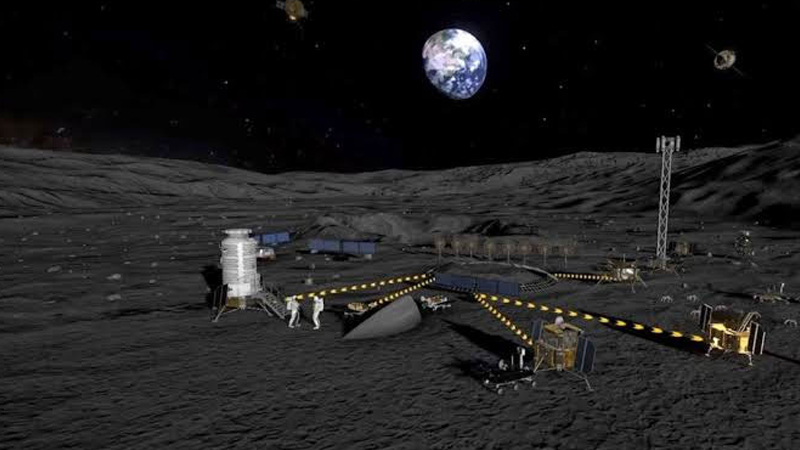In a significant leap forward for Pakistan’s space exploration endeavors, the nation is gearing up for the launch of its historic lunar mission, ICUBE-Q, scheduled for Friday, May 3. This ambitious undertaking marks a pivotal moment following India’s Chandrayaan-3 moon landing last year.
The ICUBE-Q satellite, a collaborative effort between Pakistan’s Institute of Space Technology (IST), China’s Shanghai University SJTU, and Pakistan’s national space agency Suparco, represents a milestone achievement in the country’s space research capabilities.
Equipped with two optical cameras designed to capture detailed images of the lunar surface, ICUBE-Q is set to embark on its lunar journey aboard China’s Chang’E6 spacecraft, lifting off from Hainan. This integration underscores the depth of collaboration between nations in advancing space exploration.
Chang’E6, part of China’s prestigious lunar exploration program, aims to touchdown on the moon’s far side to collect invaluable samples for research back on Earth. In a historic first, the mission will also carry Pakistan’s CubeSat satellite, iCube-Q, developed by IST.
CubeSats, renowned for their miniature size and standardized design, have emerged as pivotal tools in space research, facilitating scientific endeavors, technological innovation, and educational initiatives. These compact satellites, often weighing only a few kilograms, offer a cost-effective means for universities, research institutions, and commercial entities to participate in space missions.
With their modular components and versatile design, CubeSats serve diverse purposes ranging from earth observations and remote sensing to communications and technology demonstration. They represent a democratization of space access, fostering collaboration and innovation within the global space community.











Leave a Reply